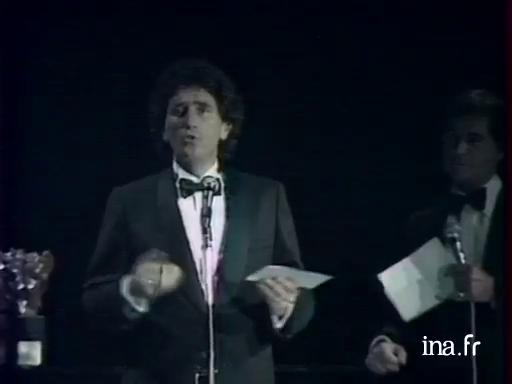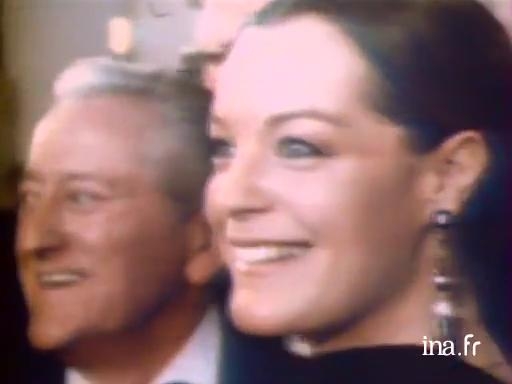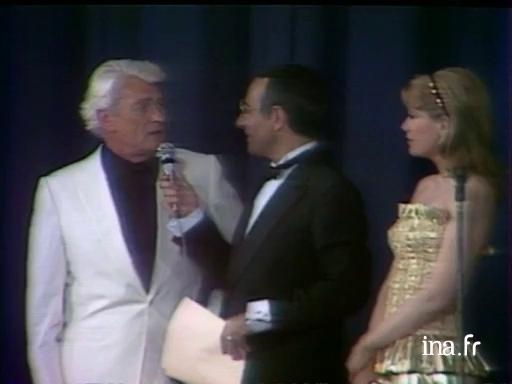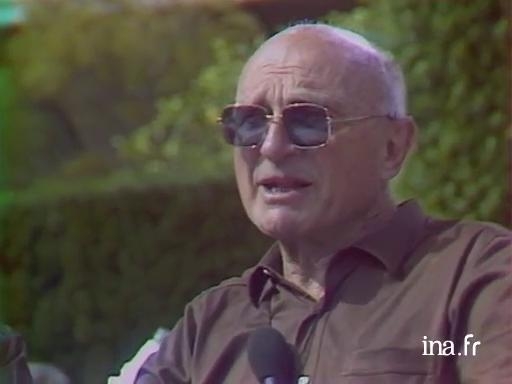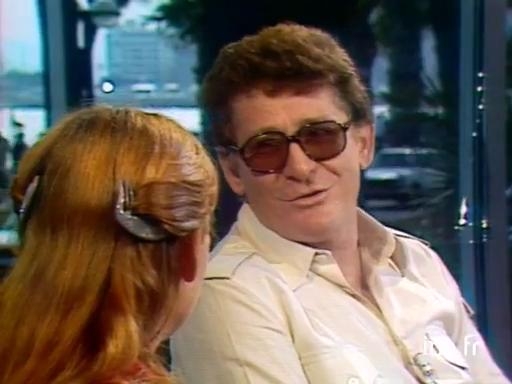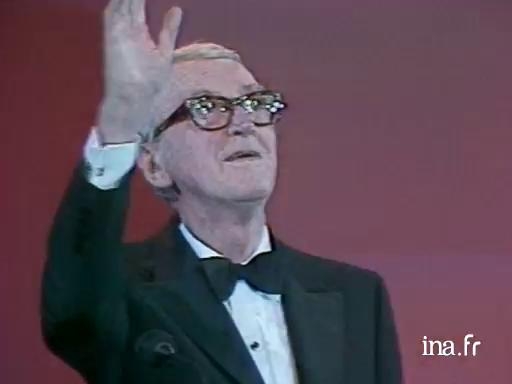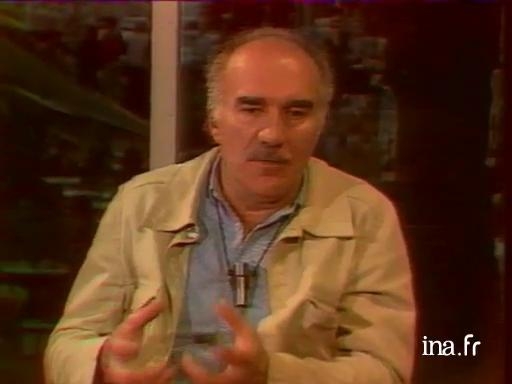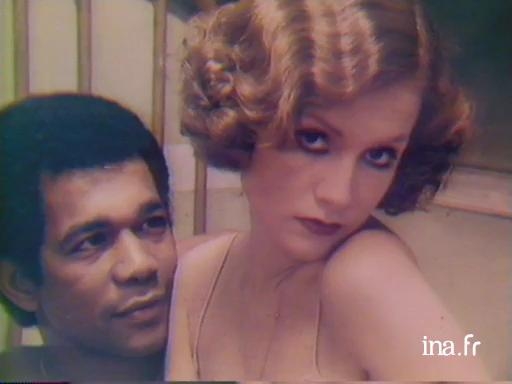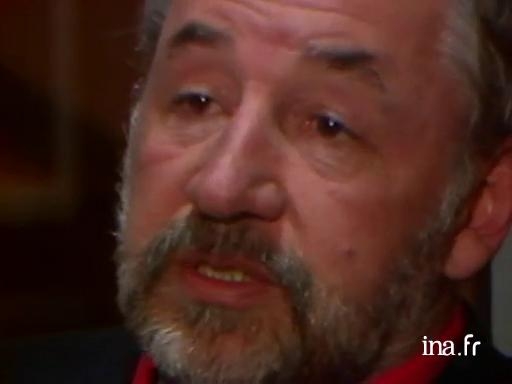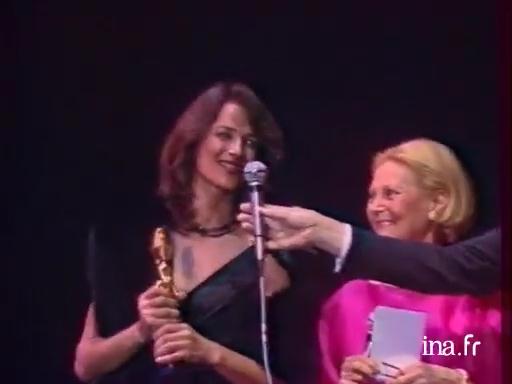
1978-1986: A wind of change
A new team
The Cannes Festival in 1978 was marked by the arrival of an important new figure in its organisation with the appointment of Gilles Jacob as Director of the Festival. He created the Caméra d'Or prize for the best first film which could be awarded to a film from any one of the three parallel events (the Official Cannes Selection, the Directors' Fortnight and Critics' Week). He also grouped together the non-competitive categories in a selection called Un Certain regard. The year would see another important change in the destiny of the Cannes Festival. Since the Palais de la Croisette had become too small for the event, the town's authorities ordered the construction of the Palais des Congrès. Although many described it as a hideous concrete blockhouse, it would host a series of different events throughout the year. Despite being somewhat ill-adapted to the specific requirements of the Festival, the 'bunker' was gradually accepted. In 1984 there was another upheaval, with the departure of the man who represented the birth and the evolution of the Festival, Robert Favre le Bret, who handed over his role of President of the Festival to Pierre Viot.
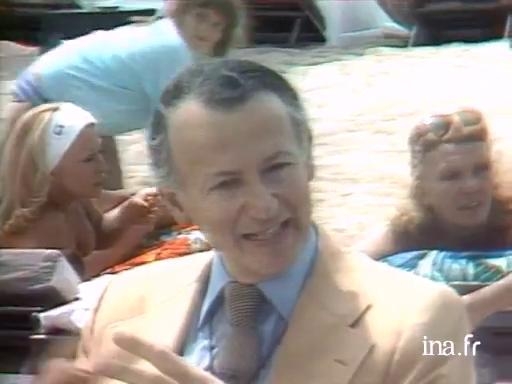
The selection as seen by the new General Delegate Gilles Jacob
On the beach at Cannes, interview with Gilles Jacob, new General Delegate of the Festival. He talks about the selection, films linked to current events which reflect a certain anguish and presents an exceptional day on the comedies of Billy Wilder
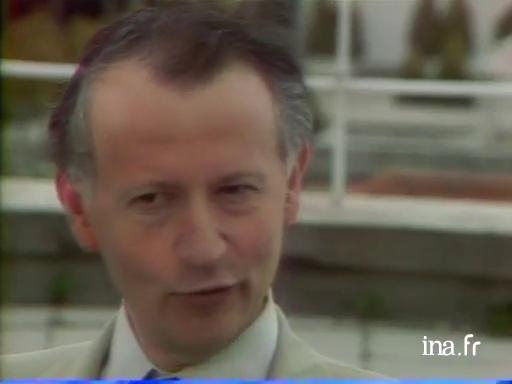
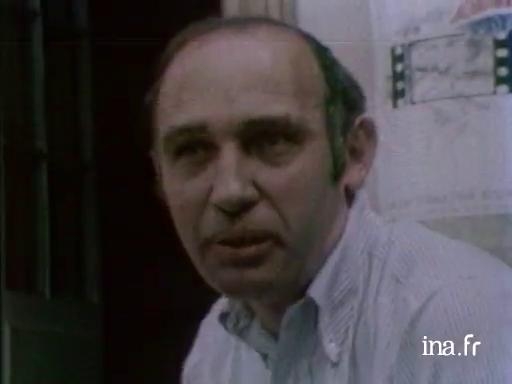
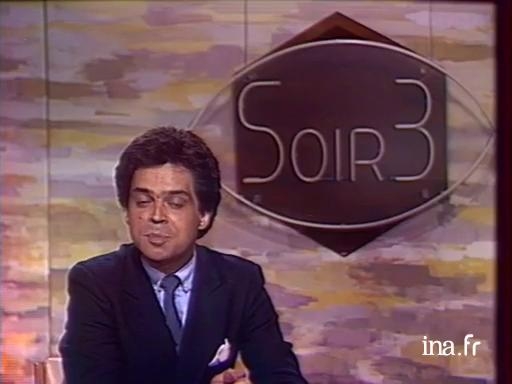
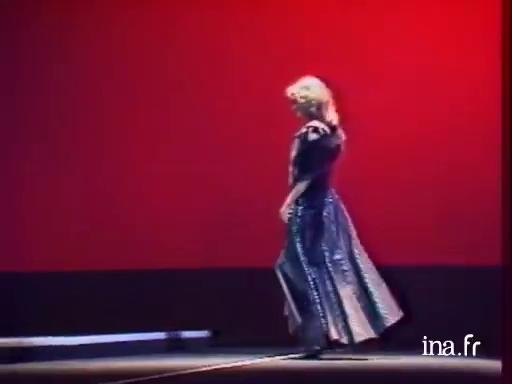
Controversy
But before leaving, the President's impartiality was brought in question by the president of the jury of the 1979 Cannes Festival. Françoise Sagan sparked off a major scandal in Cannes by declaring: "It is true that I tried to put pressure on the jury. I did so simply because the day before, Mr. Favre le Bret completely stepped out of his role by trying to do the exact same thing." Françoise Sagan was in favour of awarding the Palme d'Or to Volker Schlöndorff's film The Tin Drum, while a number of jury members preferred Apocalypse Now by Francis Coppola. The suspense lasted right up to the last minute. The rolls of film arrived one by one at Nice airport, via Paris where they were sub-titled, as Francis Coppola finished editing them in Los Angeles. Finally, the Palme d'Or was awarded to both films. However this was a title that Lars Von Trier would not obtain in 1984. On receiving the Technical Grand Prix, the Danish director elegantly suggested that his film The Element of Crime deserved to win the Palme d'Or.
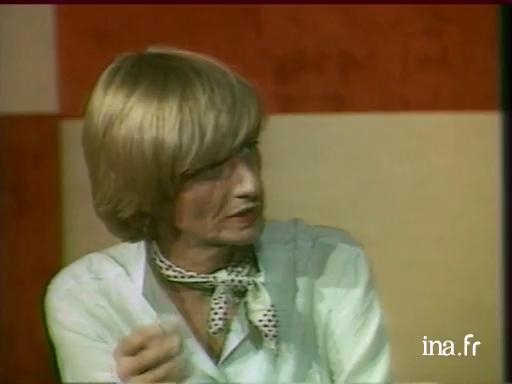
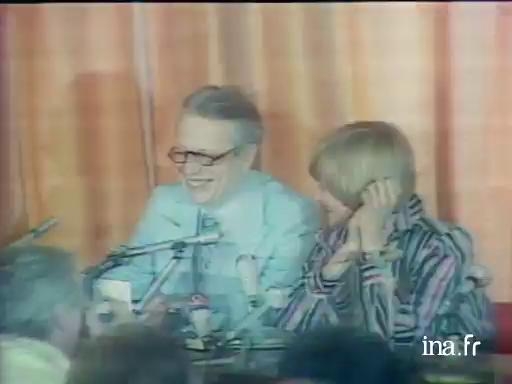
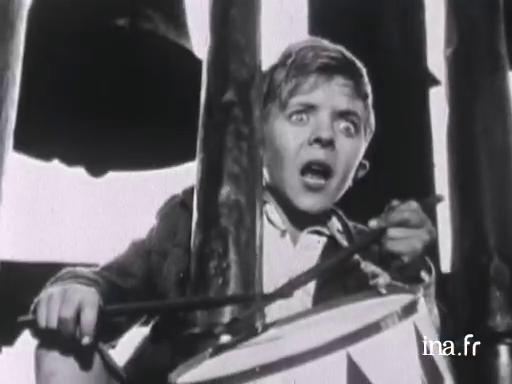
Cannes 1979: the winning films
Overview of the winning films at Cannes: on the subject of "Norma Rae", interview with Sally Field and Martin Ritt, on the subject of "The China Syndrome", interview with the producer Michael Douglas, finally an interview with Völker Schlondorff for "Le Tambour".
From the past to the future
In 1986 the 39th Cannes Festival was declared open by a 14 year old Charlotte Gainsbourg and a 94 year old Charles Vanel, hand in hand. It was a symbol that perfectly summed up the Cannes Festival as paying tribute to its elders and appreciating the younger generation of emerging talents. In 1982, Stanley Kilburn, an 81 year old British pianist, impressed the festival goers when he accompanied a silent film made in 1916, improvising for four and a half hours. The year before, in 1981, the American director John Waters presented the first 'scratch and sniff' film. While watching Polyester, the audience scratched numbered discs that produced different smells as the numbers appeared on the screen. A scene that this same director might well have relished was the first live cream pie in the face in 1986. The victim was Jean-Luc Godard, who was preparing to give a press conference about his film Detective, with Nathalie Baye and Johnny Hallyday. 1983 saw the arrival of a new TV channel, Star 83, devoted to filming the Festival non-stop. It was destined for success with its coverage of stars and scandals and the suspense of who would win and it threatened to transform La Croisette into a soap opera. As a result certain rules were established to ensure that the Festival had full control of the retransmissions alongside a single broadcasting partner (Canal Plus).
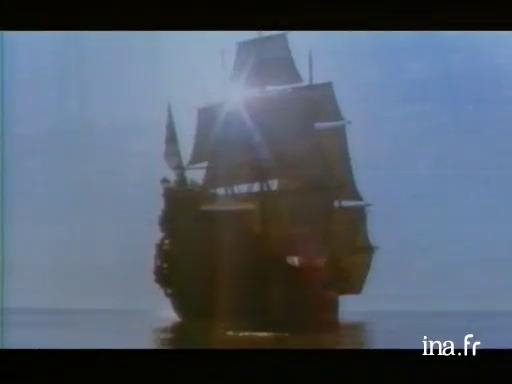
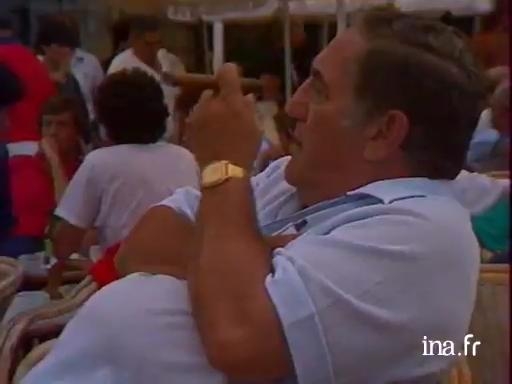
A Festival championing freedom of speech
The Festival has another noble mission which is to champion freedom of speech. In 1981, the Polish director Andrzej Wajda received the Palme d'Or for his film Man of Iron, which retraces the birth of the Polish industrial workers' trade union Solidarnosc. The year before, the Festival organised a special day in support of directors struggling against repression. In the case of the Malian director Souleymane Cissé, who was supported from the outset by the Festival (Wind was presented in 1982, Light won the Jury Prize in 1986), he was given financial backing to allow him to continue his work.
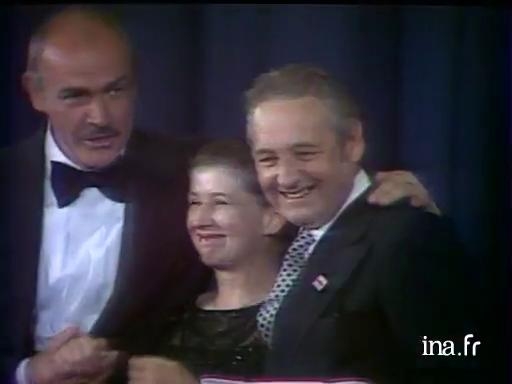
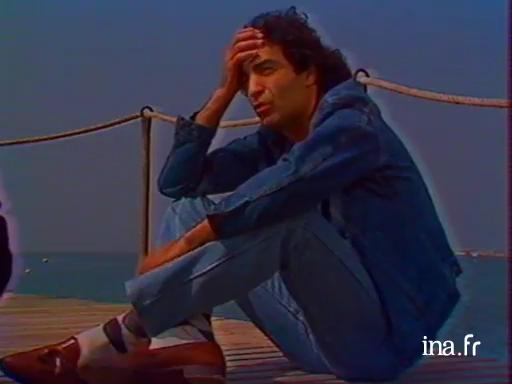
Related videos
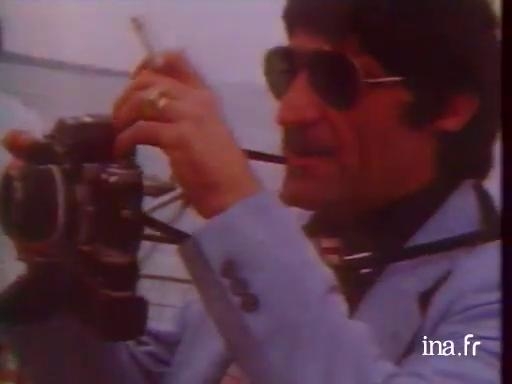
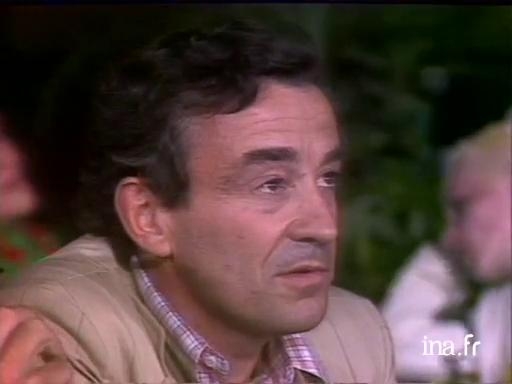
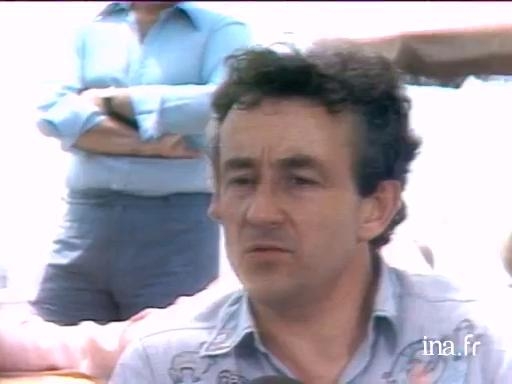
Pretty Baby: interview with Louis Malle and Brooke Shields
Louis Malle comes to present his film "Pretty Baby" at Cannes, for the American selection, a film which tells the story of a young girl of 12, in a New Orleans brothel in 1917. He is surrounded by his actors Susan Sarandon, Brooke Shields et Keith Carradine.
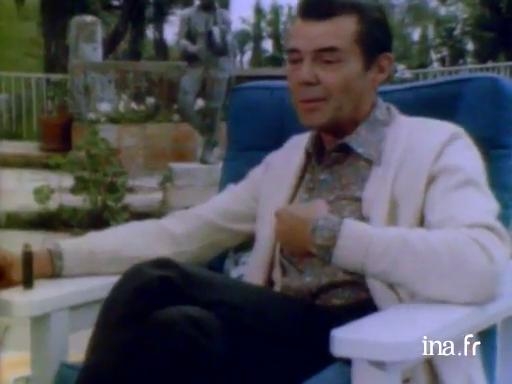
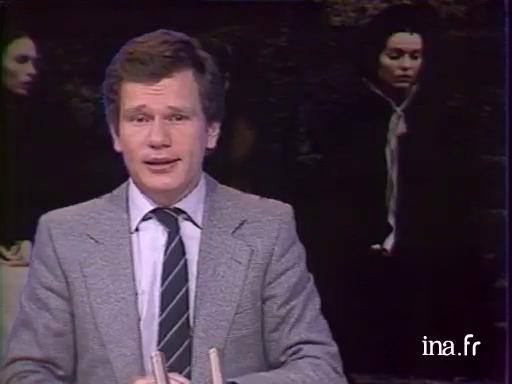
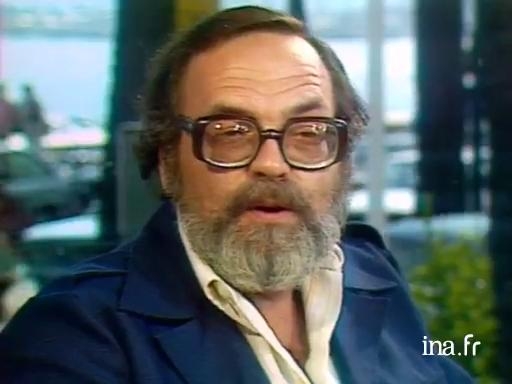
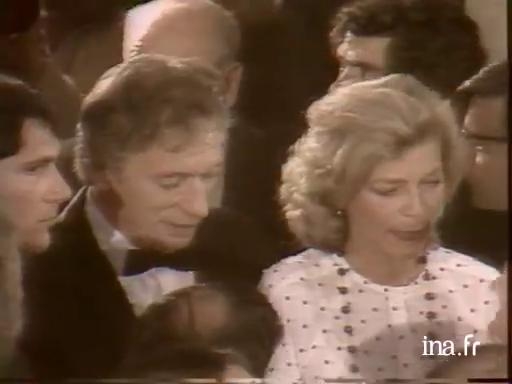
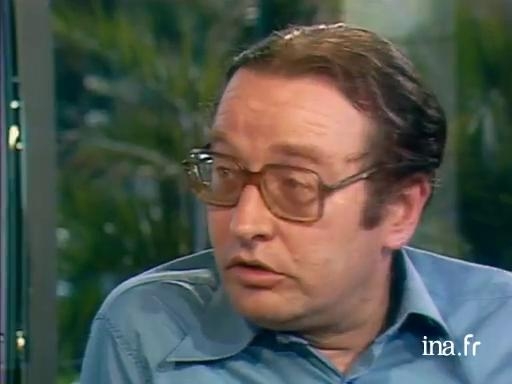
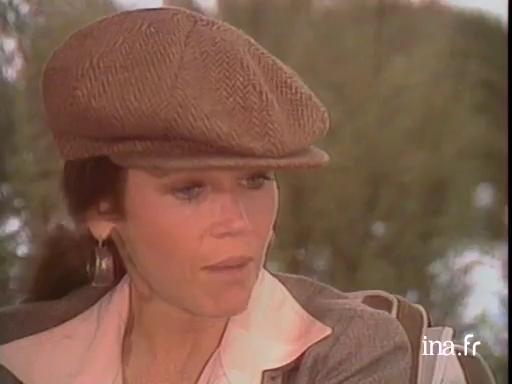
Jane Fonda at the 1978 Cannes Festival
Jane Fonda, who has come to Cannes to present the Hal Ashby film "Coming Home", talks about the subject of the film, the former soldiers who came home from Vietnam mutilated or handicapped. She then talks about her political activities throughout her life.
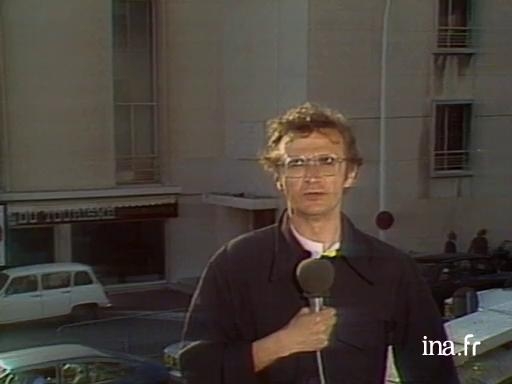
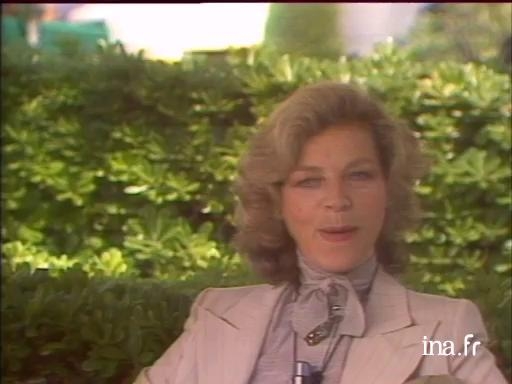
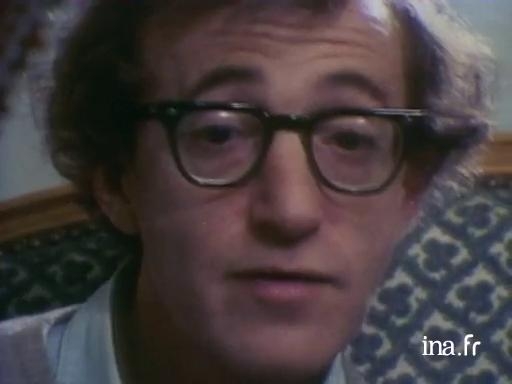
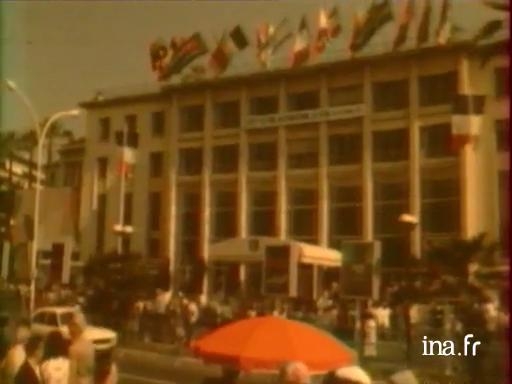
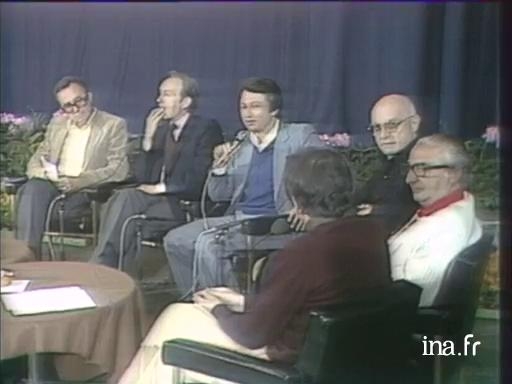
Detailed analysis of the 1980 list of winners
Whilst waiting of the results to be announced, Michel Drucker asks the critics around him on the stage to give their predictions. The president of the Festival Robert Favre le Bret comes onto the stage to read out the winners, then Akira Kurosawa, Palme d'or, makes a short homage to Henri Langlois. Finally, the critics make some comments about the winners of the 33rd Festival.
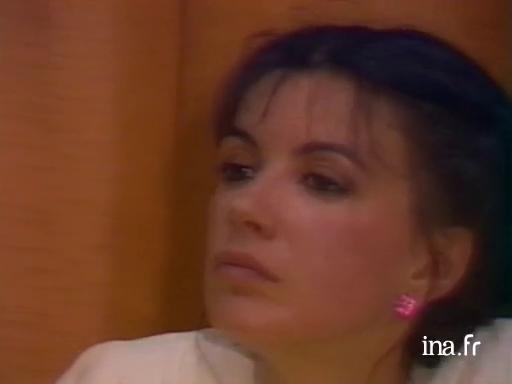
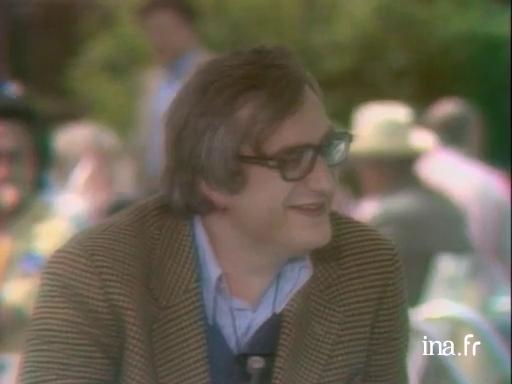
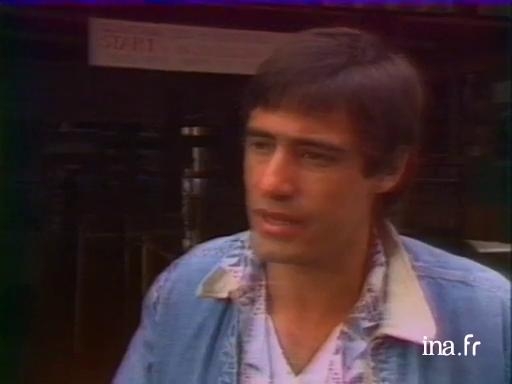
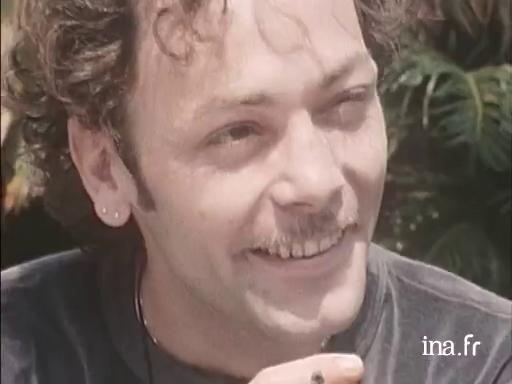
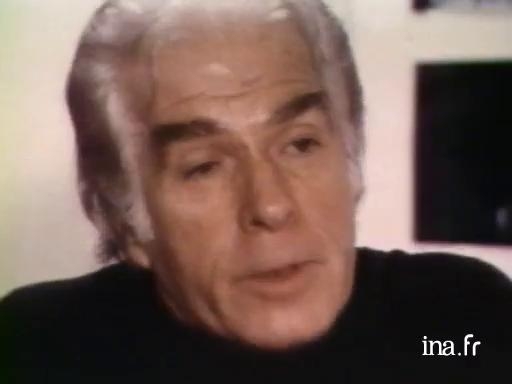
Portrait of Giorgio Strehler, president of the jury at the 1982 festival
Portrait of the president of the jury at the 25th Festival: Giorgio Strehler, founder of the Piccolo Teatro and director of la Scala in Milan. A big name in theatre, he explains what made him accept this job of president of a cinema jury.
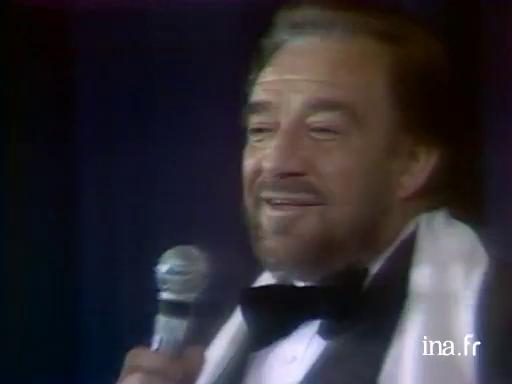
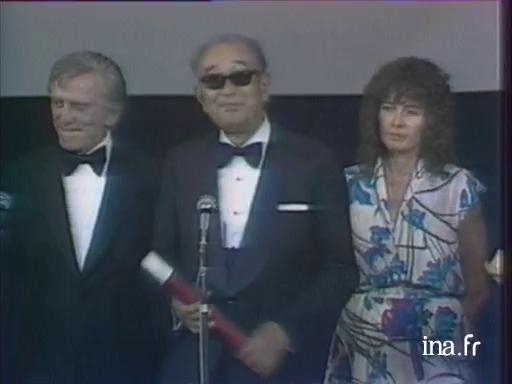
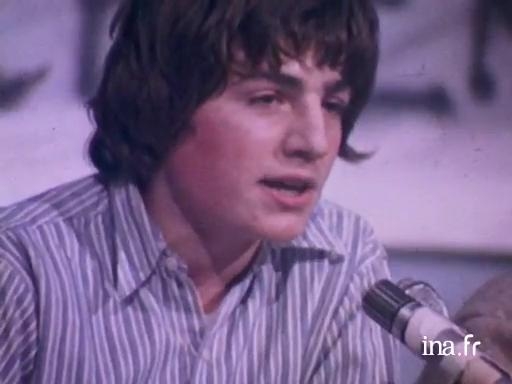
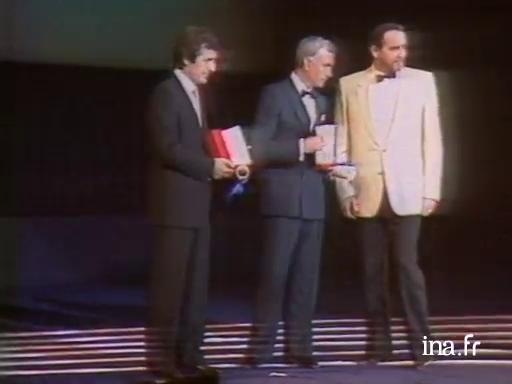
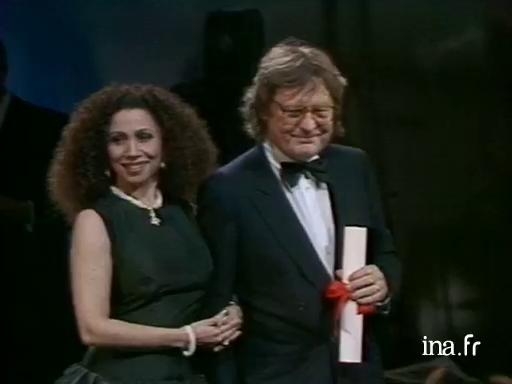
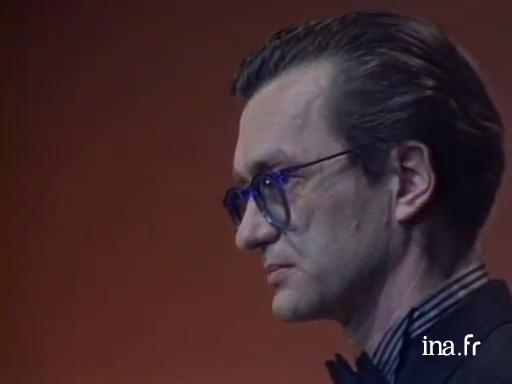
List of winners of the 1984 festival
Extracts from the award ceremony of the 37th festival: Faye Dunaway presents the Palme d'Or to a very emotional Wim Wenders, John Huston accespts a tribute to his entire career, Martha Meszaros receives the Special jury award for "Diary for my Mother and Father", and Bertrand Tavernier wins the Best Director award for "A Sunday in the Country".
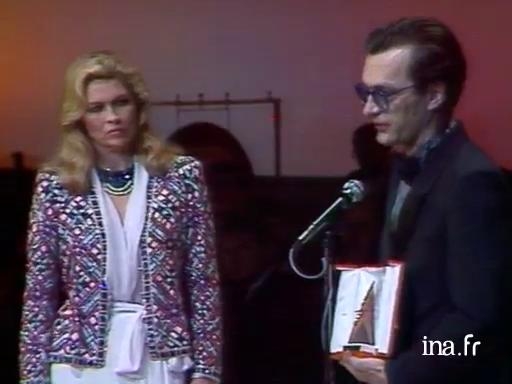
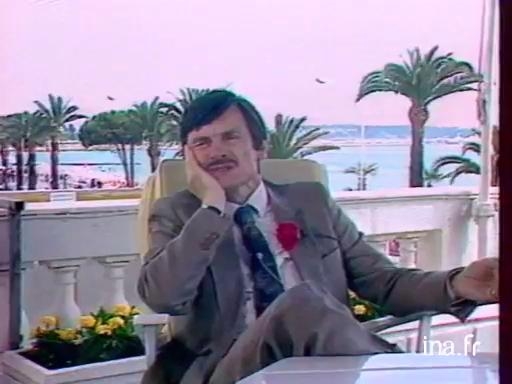
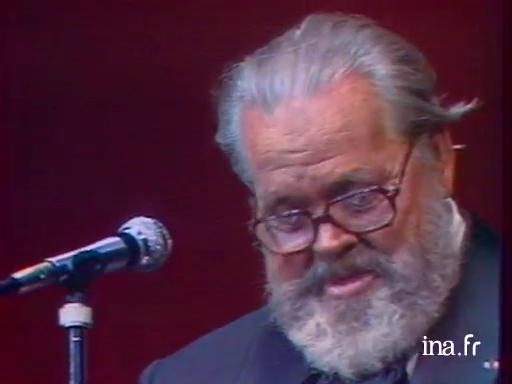
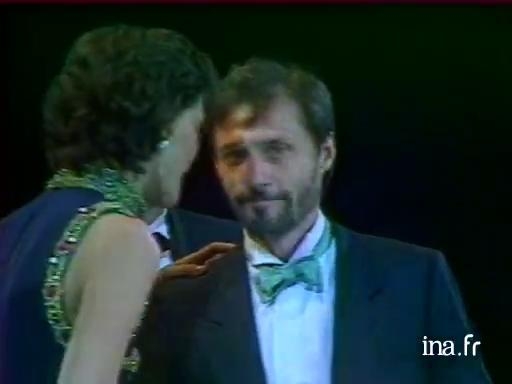
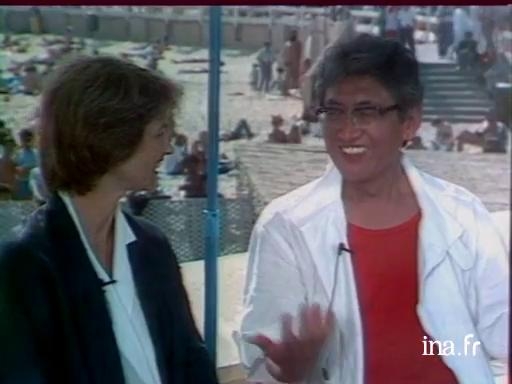
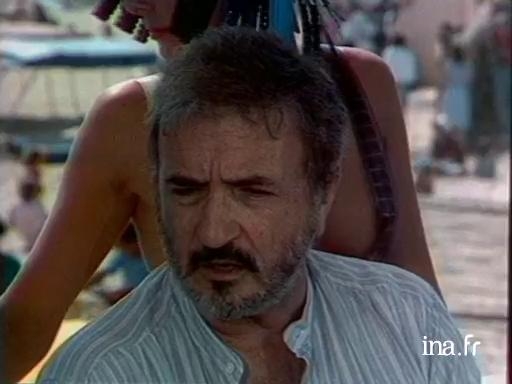
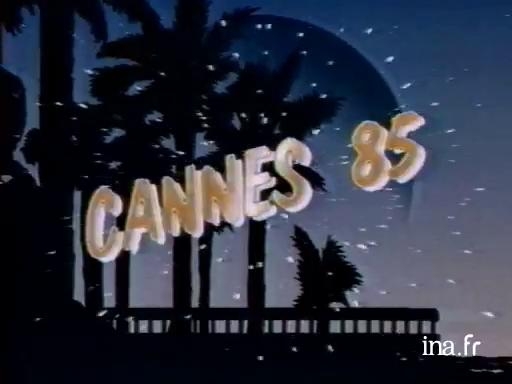
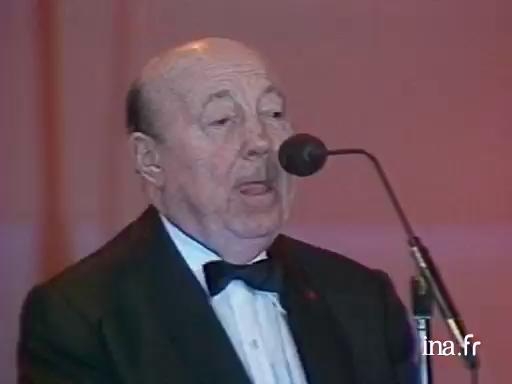
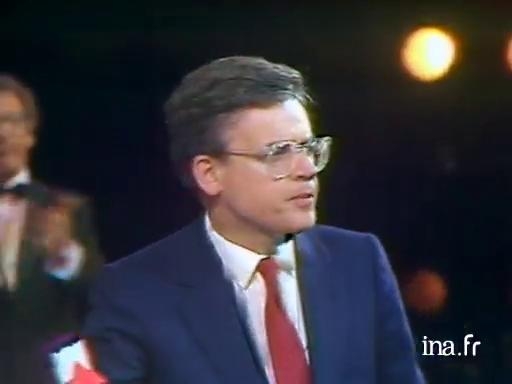
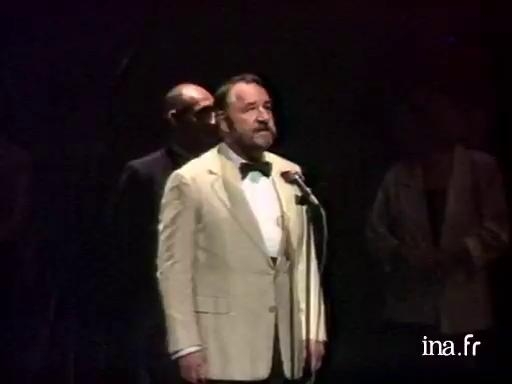
Opening of the 1985 Festival
Opening of the 38th Cannes Festival: climbing of the steps by Harrison Ford and Clint Eastwood, reunion at the airport for Philippe Noiret and Annie Girardot, interview with Milos Forman jury president, finally on the stage of the Palais Philippe Noiret declares the 38th Festival open.
